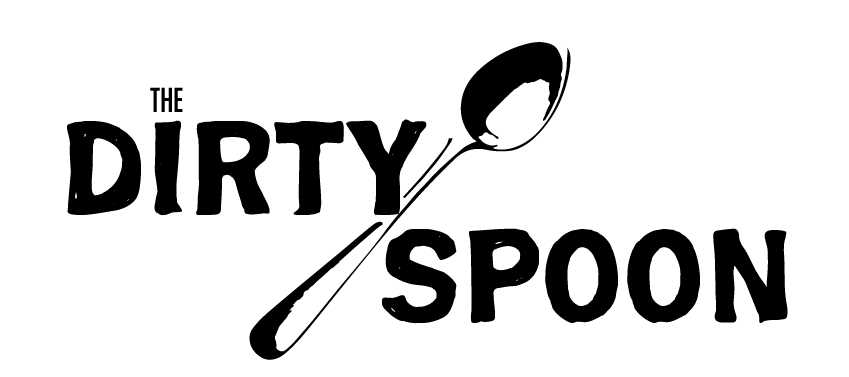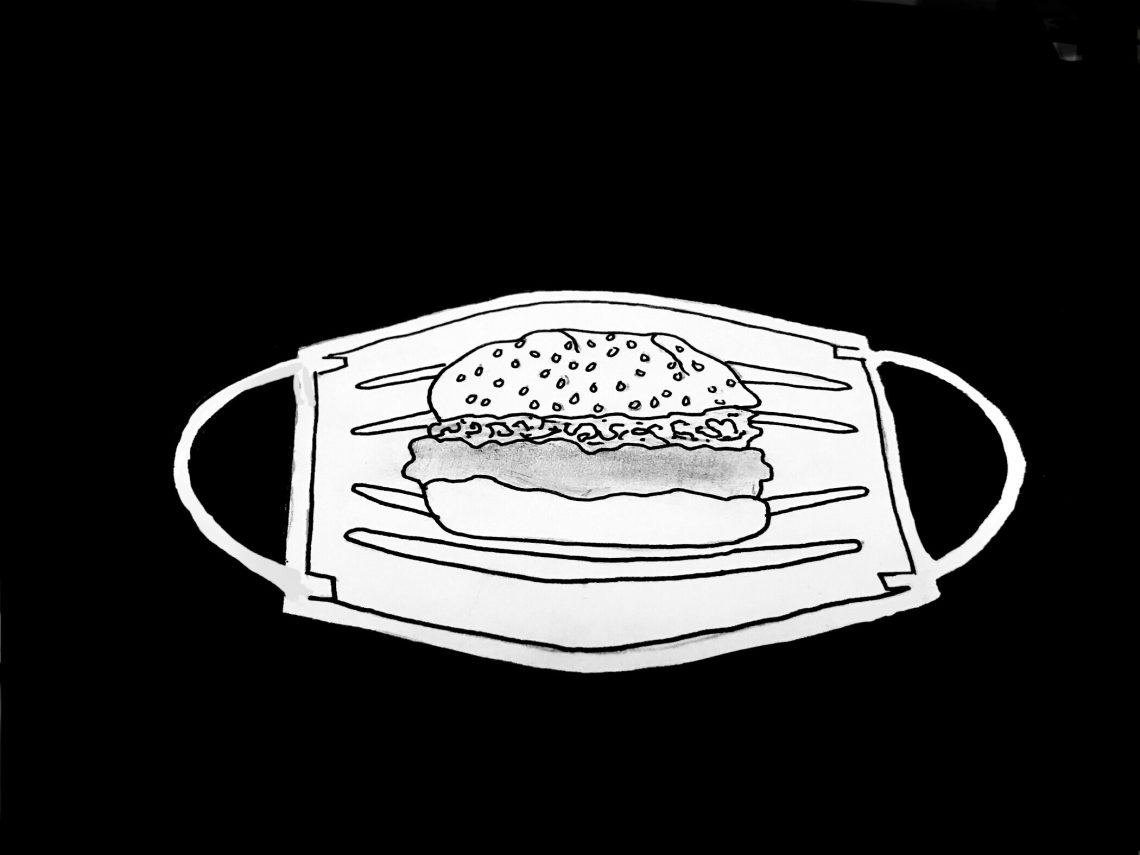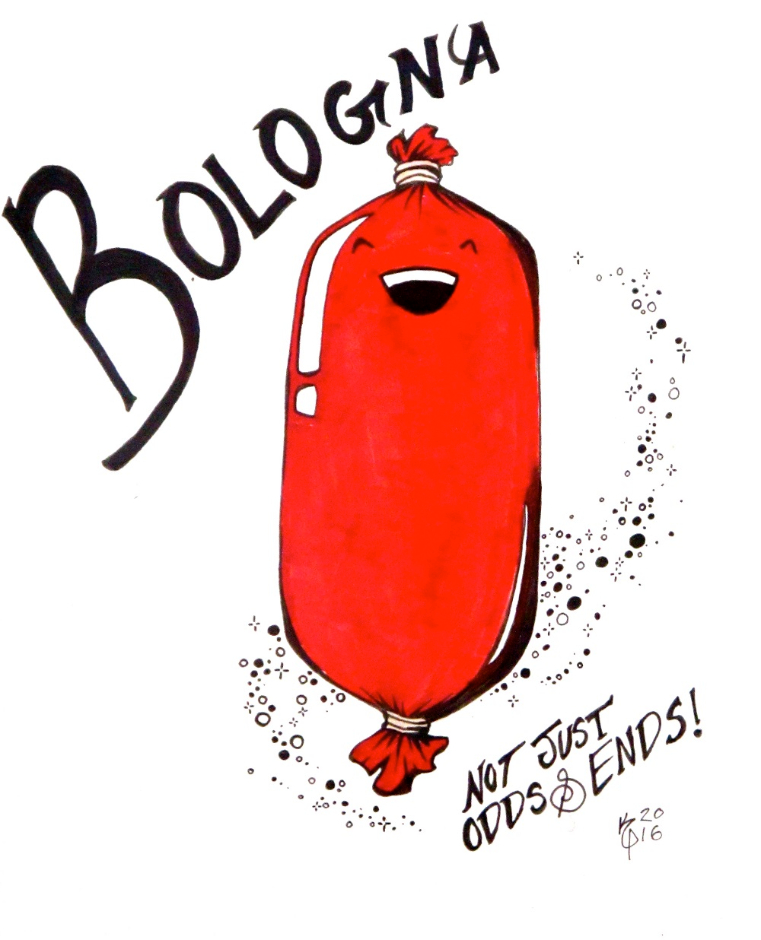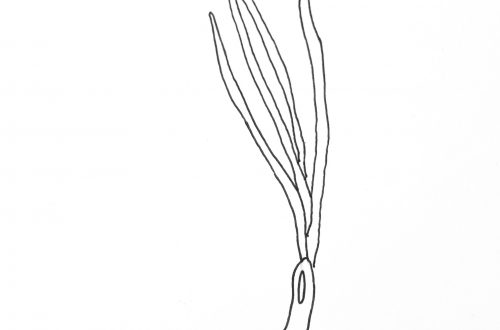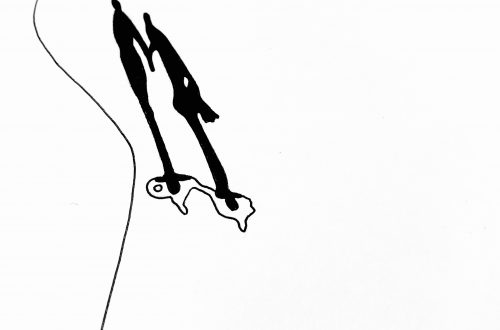by Nicole Horowitz
Nicole’s essay appears in episode 24 of The Dirty Spoon Radio Hour.
The humble chicken sandwich: A thing of beauty. Breaded. Crunchy. Brioched. Pickles optional. It’s something frequently consumed. But something worth killing over? Dying over? If you had asked me a year ago, I would have said “Absolutely not.”
Think back to August 12th, 2019. Where were you? Stuck in the middle of a summer Monday, scowling over the monitor of your crappy office desktop? Atop a windswept rooftop, brunching with some gal pals?
No, I bet you, like so many others, were lined up at a Popeyes Louisiana Fast Food Kitchen for the release of their new spicy chicken sandwich.
You were a front-row witness to the proud birth of an innovation: the up-start grease joint’s first foray into the world of chicken-in-bun confections in its 47-year history. There, in the parking lot of a fast food restaurant, you took a single, lofty bite into the bun that sparked a summer-long craze and thought, “Nothing will ever be the same.”
There, in the parking lot of a fast food restaurant, you took a single, lofty bite into the bun that sparked a summer-long craze and thought, “Nothing will ever be the same.”
Popeye’s spicy chicken sandwich was BIG that summer. First touted on Black Twitter as “a revelation,” eventually more and more fast food lovers, food critics, and casual Twitterites showed up at one of the over 1,300 Popeyes around the country. The sandwich trend grew and grew, until eventually, the chicken stream started to run dry. By August 27th, only two weeks after its initial launch, spicy chicken sandwiches were sold out nearly everywhere, sparking a number of puzzling headlines: Popeyes Spicy Chicken on eBay for $7000, or even Man Stabbed Over Chicken Sandwich.
The internet was alight in a firestorm debate: did this humble newcomer unseat Chick-fil-A, crowned chicken champs of the last two decades?
As Opheli Garcia Lawler wrote for Mic, “The chicken sandwich wars, after a years-long détente, finally got spicy.”
But the fever pitch didn’t last forever, and by the end of 2019’s summer, the there was a new trend to divert our ever-ambulatory attention, as though brought on by the changing colors of the leaves. In autumn, there was a music release by Lizzo, followed by the Storming of Area 51, and by winter we were all cooing over Baby Yoda. Popeyes bought and breaded new batches of chickens, and we looked back and collectively chuckled at the summer “food shortage”—an amusing footnote in the annals of American food-culture history.
Somehow, despite the headline-making chaos, spicy-sandwich-pooloza passed right over me, likely because the town in Oregon where I lived then was a 40-mile drive through farmland from the nearest Popeyes.
Somehow, despite the headline-making chaos, spicy-sandwich-palooza passed right over me, likely because the town in Oregon where I lived then was a 40-mile drive through farmland from the nearest Popeyes. The most I can remember about the whole debate is speaking to my mother on the phone as she asked me, “Can you believe someone got shot over a chicken sandwich? People can be so stupid!”
“Yeah, Mom,” I said, hoping we could change the subject immediately and never speak of such things as the dangers of a humble chicken sandwich again.
**
Now, think back to July 6th, 2020. It was also a Monday. Where were you? Two days after the 4th of July 2020, itself a momentously weird-feeling occasion. Maybe you were watching Hamilton on Disney+, or taking a solitary hike, or boiling some sourdough bagels—in the throes of love with your newfound quarantine hobby.
Me?
I was in a drive-through line at Popeyes Louisiana Fast Food Kitchen with my mother, who was squinting through her glasses and face mask at a bright, dusty menu board.
“Two spicy chicken sandwiches!” she shouted at the board, which did not respond.
“Mom, you have to pull up to the order box.”
She chuckled through her mask—a red-white-and-blue one for the occasion—as she put her car back in drive.
My mom has never been partial to drive-thrus, mostly because she has too much restless energy to slowly creep through a line in a parked vehicle. But a pandemic has pushed us back into our personal bubbles—the safe spaces of cars and houses. In this case, her house. In the intervening months between the Hot Girl Summer of the Chicken and now, things have changed quite a bit. A pandemic rocked the daily patterns of the world. Facing unemployment, like so many other Americans, I moved back to my California hometown. As for my mother: as a retired neo-natal nurse of 67 with regular sinus infections and minor breathing trouble, she leaves her house only once every two weeks, for groceries.
Numbers are surging, in our state and our county and our town. The news, which is a constant backdrop to our innumerable weeks and months, spurts out dire warnings on the daily. But we are stir-crazy. It is hot today (over 90 degrees), we have been sitting in her house with broken air conditioning, and feeling of despair is beginning to creep in. The one that feels like a high-pitched kettle is whistling in your chest—a questioning of the worthwhileness of mere being. With that perspective, braving a fast food establishment to get a chicken sandwich feels like a worthwhile distraction: anything to move us past that relentless feeling of stuck-ness. Even the prospect of a drive-through, with its slow waltz down an unfamiliar cement loop, seems thrilling. So, we go for it.
After sitting, shouting our orders into the correct box, and more sitting, we reach the drive-through pick-up window. It is plastered with signs:
Masks are REQUIRED, even from the window of the car.
The Popeyes lobby is open to a maximum of FIVE customers at one time (masks required).
Red bean and rice dishes will temporarily be made with WHEY. We apologize for any inconvenience.
A fumbling exchange of cash for chicken rendered takes place, then about eight thank you so muches and a generous tip from my mother, and finally we start the five-minute drive back home. A chorus of thank yous still rings in my ears. I realize that there is a deep well of shame somewhere in both of us: shame that we are forcing work upon people in a dangerous situation for our convenience, novelty, and only partially empty stomachs. A disproportionate number of essential workers are people of color, including some of the folks we just saw. They are people who are thankful to have a job, but deeply fearful of the ways in which a lack of knowledge of this new virus might contribute to sickness and death in our community.
I realize that there is a deep well of shame somewhere in both of us: shame that we are forcing work upon people in a dangerous situation for our convenience, novelty, and only partially empty stomachs.
I am happy, and sorrowful and ashamed to be a part of all this: in a car, pulling away from a restaurant (the first I have seen up close in four months), in the middle of a pandemic in the middle of a personal crisis.
“Funniest thing is,” my mom says, trying to sooth my perceptible unease, “If this hadn’t happened I wouldn’t have known there was a Popeyes in town.”
“What about the sandwich fights that happened last year?” I ask her.
“What sandwich fights?” In a world gone mad, she has forgotten all about sandwich-mania.
**
When we get home, my mom disinfects her hands and her car with Lysol wipes, and I take the fried chicken gingerly into the kitchen. I dispose of the outer bag, the inner bags, and even the paper sandwich wrappers, washing my hands before and after. I get two plates from the cabinet, place a sandwich on each one, and put them in the sun by the window while I wait for my mom. One can never be too careful, I think.
Five minutes later, we are eating together. We look at each other between bites, feeling a sense of renewal and refreshment at having accomplished a little thing that feels like so much.
The sandwich is as good as anything I can remember eating.
I recall an article I read, about how the Popeye’s sandwich, the talk of the town, “smells like a family reunion and tastes like homecoming.” I think now, re-united with my family due to unemployment, how inadequate and even tone-deaf that statement feels. Instead I might say that the sandwich “smells like freedom and tastes like 2019” and the memory of that time, that place, where a sandwich might mean frenzy or chaos, but never fear.
The kick of the Cajun sauce seems to sizzle on my tongue. Combined with the softness of the brioche, so unlike the many meals I make for myself, it is so good that I want to cry.
“It’s good, but I don’t think I would shoot anyone over it,” my mom says. “It’s not worth dying over.”
And I can’t help but hope to myself that we haven’t done exactly that.
Custom illustration by Corinne Pease.

About Nicole Horowitz
Nicole Horowitz is a writer and former New Yorker, Oregonian, and Madrileño, currently based in Los Angeles. She has a MA degree in English Literature, an affinity for travel, and way too many magazine subscriptions.
